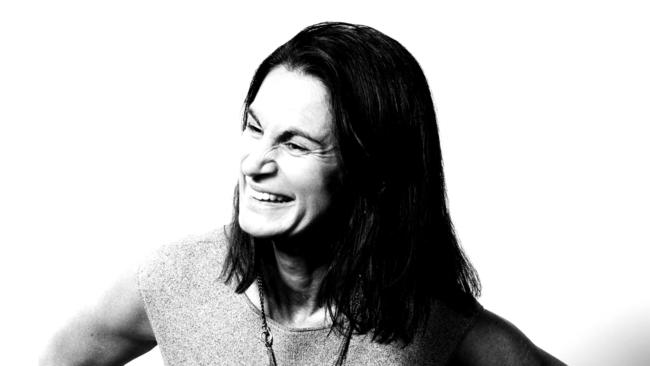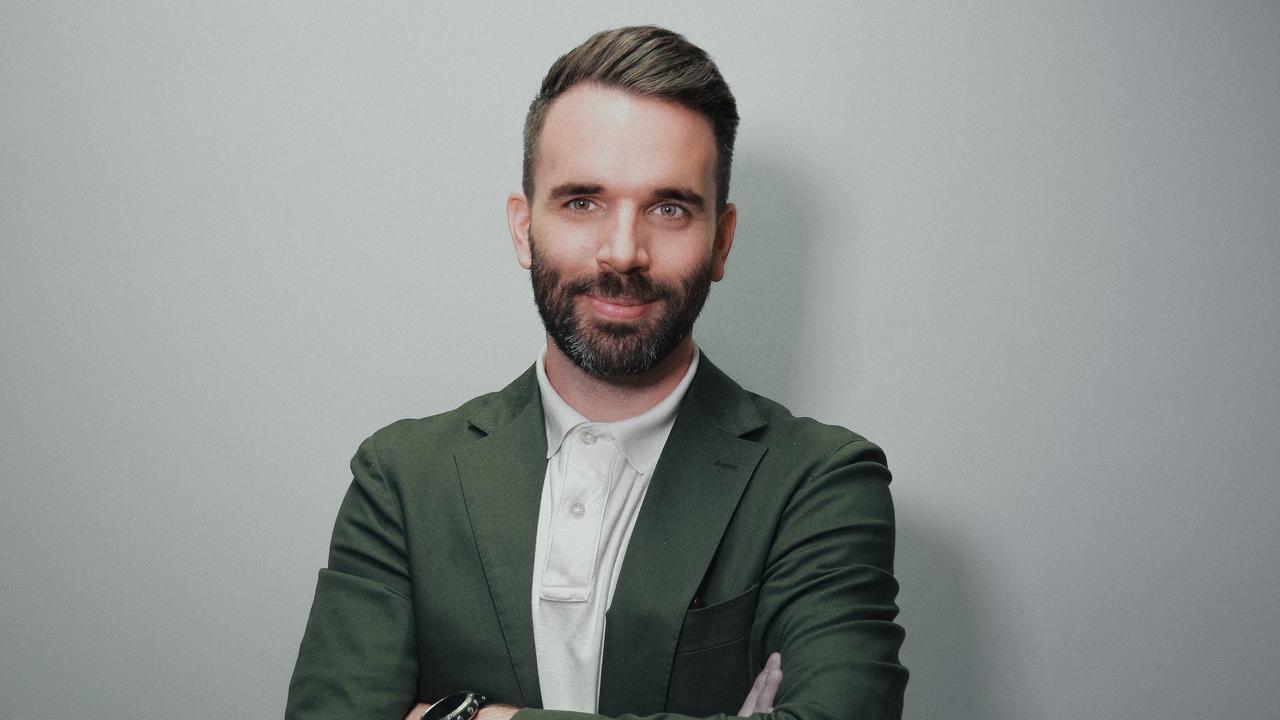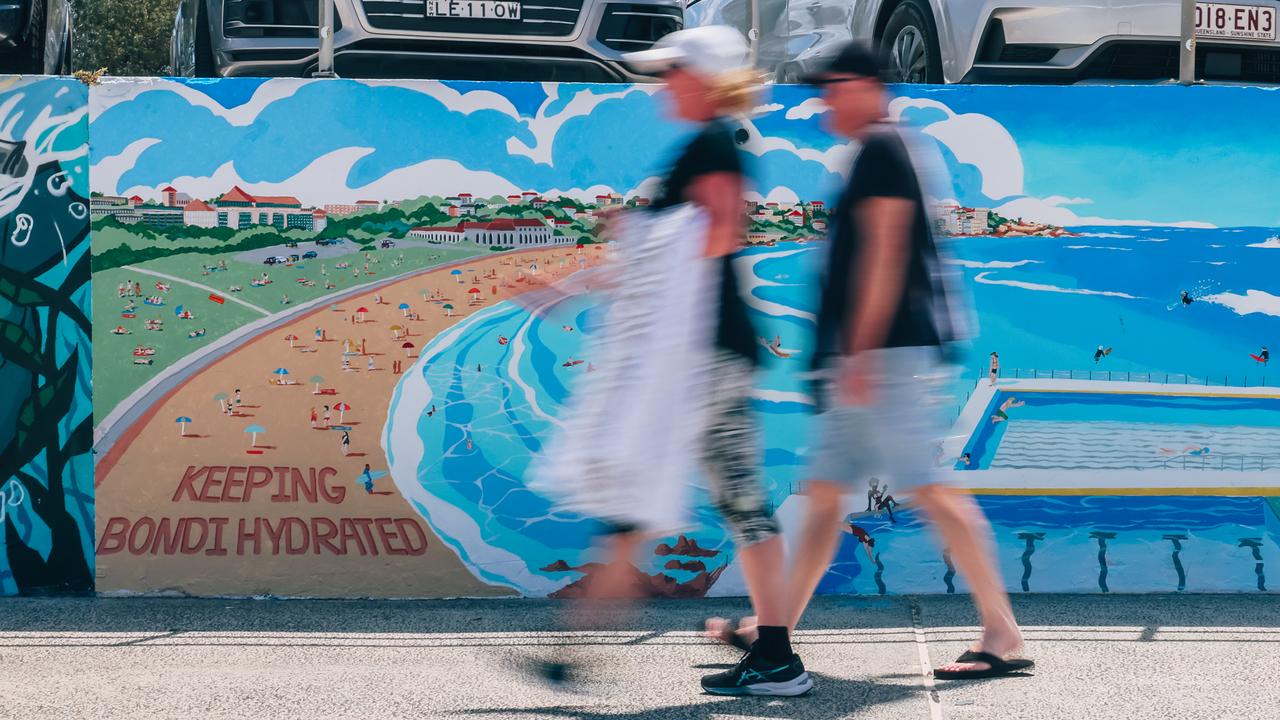Say goodbye to sugar hits and embrace purposeful growth
The lure of short-term sales sugar hits may be tempting, however, Publicis Worldwide’s Simone Waugh argues brands need to stay focused on long-term engagement for growth.

It’s long been said that marketing doesn’t save lives.
However, what we do in the realm of creativity can indeed matter. It has the potential not only to positively impact business growth but also contribute to the betterment of humankind.
There has been confusion in recent times about the role of brand purpose. The question arose when brands started creating one-off sugar hit campaigns to give the impression that they were doing something good for the environment or humanity. They won awards. They reported these actions in their ESG charter. They might have even got away with some greenwashing. And so brand purpose became two dirty words associated with “good causes”.
It’s time to re-centre, with the impactful marketers in the world knowing that to achieve exponential growth, a brand needs to have purpose – it’s not negotiable. Brand purpose is the fundamental reason a business operates. It is a commitment to making a positive impact and, in turn, business growth impact. There are many studies that prove we are living in a world where people will choose a brand based on the positive impact it has on humankind. Brand purpose provides a deeper meaning to the company’s existence, inspiring both employees and customers.
The Kantar Purpose 2020 study demonstrates that brands with perceived positive impact (in other words, which are perceived to be purposeful) outperform brands that are not or only partially purposeful. Over a 12-year period, the brands with high perceived positive impact have a brand value growth of 175 per cent, versus 86 per cent for medium positive impact and 70 per cent for low positive impact. The Kantar Study found that 76 per cent of marketing leaders believe their organisation has a defined purpose, but only one in 10 actually has a corporate purpose statement backed by a meaningful activation plan. Furthermore, while two-thirds of marketing leaders believe that purpose delivers long-term growth, only one-third believe purpose is regarded as a “company-wide movement” within their company.
It’s time to be inspired and close the gap between brand purpose and action. In 2024, the Cannes International Festival of Creativity doubled down on awarding brands that can prove they have made a longer-term impact. The Cannes Effectiveness Grand Prix went to Heinz, which turned around business growth after facing declining sales five years ago. How? They chose to stay resiliently true to an enduring brand platform, “It has to be Heinz”, with proof of quality, year in and year out, over their five-year campaign period.
Brands like Orange demonstrated impact at the FIFA Women’s World Cup, investing in changing the perception that women aren’t as skilful as men on the football field. Orange knows that championing equality will halo and influence telco customer choice. It’s the most viral French ad ever, earning impressions and coverage in 91 countries, but more importantly, it is being used in schools to educate people on equality. It’s a movement paying off with business growth and a long tail for the good of humankind.
The auto industry is having a renaissance due to the advent of electric vehicles and the consumer demand to save money – it’s a perfect storm. And so, marketing is shifting to longer-term impact solutions. Like an app that puts drivers of electric vehicles in touch with nearby homeowners who have charging stations (the Renault “Plug Inn” campaign by Publicis Conseil). It is good for the connection of communities and the environment.
But in 2024, the temptation of short-term sales sugar hits is testing the resilience of CEOs and marketers to stay true to their brand purpose and long-term impact. We’ve emerged from a pandemic that turned the marketing world upside down into a time of economic stress with real cost-of-living problems for the everyday Australian.
Australia’s leading social psychologist, Hugh Mackay AO, has launched his latest book The Way We Are, which is a culmination of thousands of interviews of people in Australia and paints a despondent picture of Australia today. Hugh’s book reveals a society of increased domestic violence, homelessness, loneliness and racial disadvantage.
There is no end to the social issues that businesses face, and it is in their interest to address the problems that will impact their own growth. For a business to be sustainable, we have big problems to solve to ensure humankind is here in another 100 years. No humankind, no business. This might be why Hugh believes that humankind will prevail, and businesses will look beyond the short-term sugar hits to think bigger, longer term.
There is a clear argument for businesses to embrace purpose.
And I am inspired by the thought that if brands take the longer view, continuously and progressively, humankind will prevail.
Simone Waugh, managing director of Publicis Worldwide Australia.


